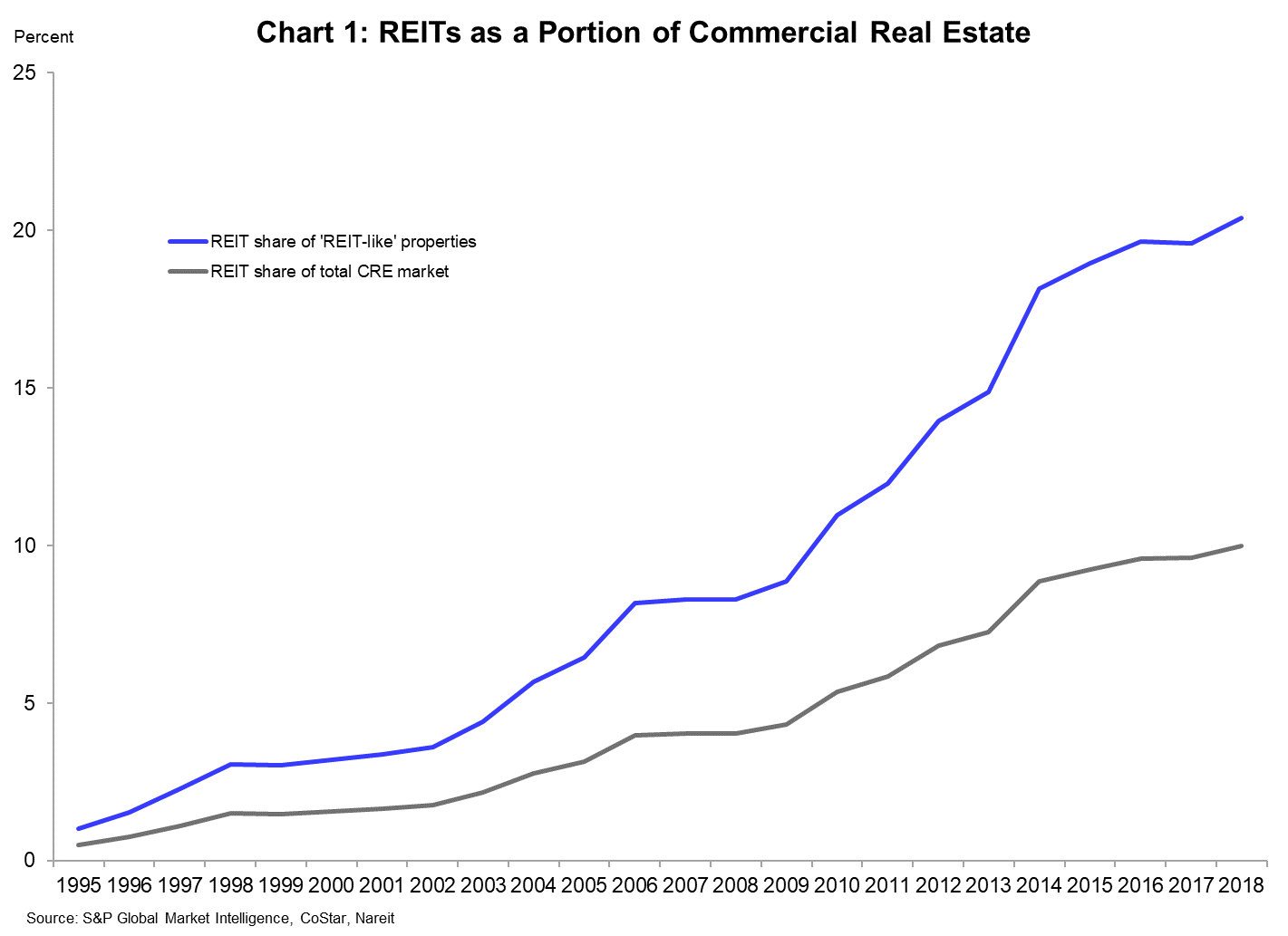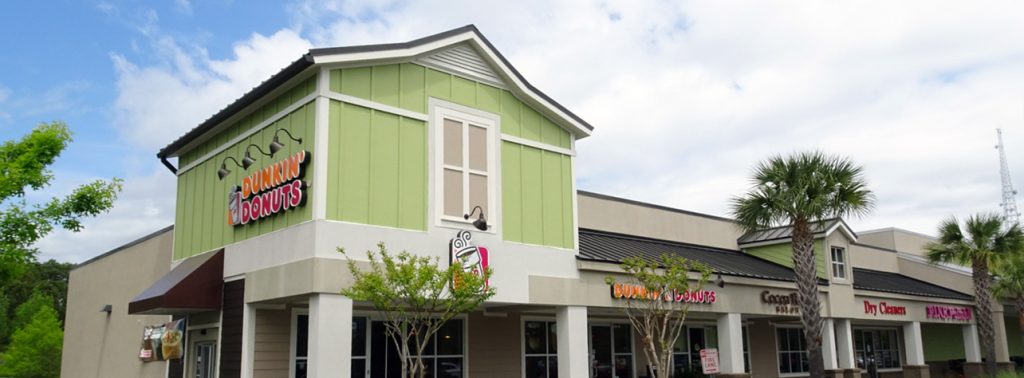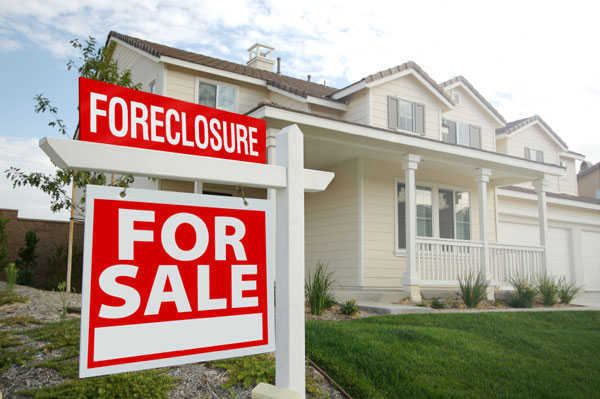

Buying a vacation home is a big decision so don’t rush it
One of the biggest investments a great number of people will ever make is their personal residence. Therefore, when it comes to buying a vacation home there are even more things to consider. For some, it is a rite of financial passage of being able to own multiple properties. While for others, it is to satisfy their desire to acquire a home away from home. With that being said, is buying a vacation home a good investment?
Just like other financial decisions you can make, investing in a second home depends on your current financial state, your preferences and even your long term goals.
Whatever your reasons might be for buying a second home you should take certain things into consideration in order to make your investments worthwhile. Below we will discuss 9 things to consider when buying a vacation home.
1. Don’t buy on impulse
Whatever your mood, resist that urge to buy a new house on a whim. If you do so, you might eventually end up with a second home that does not fit your needs and lifestyle Therefore it is critical to be patient and find a home that you can afford. You have to thoroughly conduct your research before finally settling to get the keys to a new house.
2. Location
This is a crucial factor in real estate. You want to be sure that the new home is situated in a location that you would enjoy for a long time. You would have to do an investigation into the history and even the planned future for your new home and the area in which it is situated in. This is helpful to define an estimate of that property’s appreciation potential. If you are looking for a vacation home, you might want to consider locations in desirable places that are frequently visited by people.
3. Consider hiring a local real estate agent
If you already have a location in mind, you should consider employing the services of a local real estate agent, as buying a second home outside your current residential area might be very tricky. This local agent would help you to fully understand the market and the peculiarities of that location.
4. Assess your long-term goals and needs
You need to be very realistic about the kind of home that perfectly suits your needs. Take time out to analyze your needs. If what you’re searching for is a retirement home, you might need to judge how accessible the home is as well as the available health care services in that particular location. If, however, you are searching for a weekend gateway, a good move would be to get a second home that is just about a day’s drive from your primary residence.
5. Choose what type of home is right for you
Condominiums or single-family homes? Condos would be a great choice if you only plan to use it occasionally and also avoid year-round maintenance. Single-family homes are good if you don’t want to sacrifice privacy.
6. Search for good mortgage deals
Do not settle for the terms that the lender on your current home offered you. The market is constantly changing, so endeavor to search for good deals that favor you and your pocket.
7. Estimate additional expenses
Maintenance and insurance costs should not be forgotten when you’re calculating the cost of your second home. Set aside 2% of the home’s value for maintenance per year. Insurance can be expensive in certain areas prone to disasters, but get a number of insurance quotes before finally making an offer.
8. Fractional ownership
Consider pooling resources with relatives and friends for vacation homes since you wouldn’t be spending
as much time there. This way, many people can enjoy their vacation getaway for a fraction of the total cost.
Although, you will most likely see a resort that offers fractional ownership condos for sale. This is a structured ownership where you a percentage of a condo unit. For instance, a condominium may offer 8 fractional ownership shares to a unit. Each owner then be allowed 6 weeks of usage per year. This would allow 4 vacant weeks for something like renovations, updates, and repairs to take place.
Probably the biggest benefit to owning a fractional ownership condo is that they are turnkey. Typically everything will be handled for you by a management company. All of the utilities, expenses, and insurance is wrapped up into your HOA which is split between all owners. Owning this type of property as a 2nd home can be less expensive, less stress, and more vacation!
9. Renting out your home for extra income
Renting out your second home can be a good option if you need the extra money to supplement your mortgage payments. Be sure, however, to get yourself familiarized with the Fair Housing Act and Landlord/tenant laws before doing so.
Final Words
Buying a second home is a big decision. Your choices are limitless, but the numbers have to work. Follow the 9 tips given above to make a smart and worthwhile decision.







